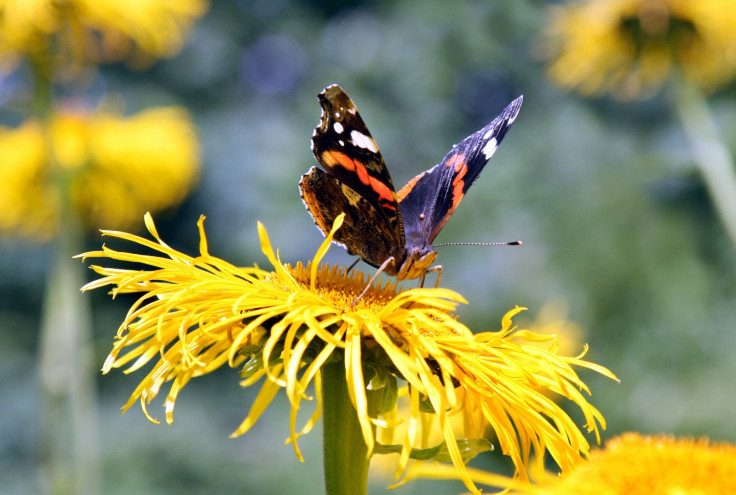World's insect population under threat due to climate change
Insects comprise over half of the world's terrestrial species.
Scientific reports have suggested that the planet's insect population is on a decline worldwide which could lead to the collapse of ecosystems.
A study published in the journal "Nature" claimed that the greatest insect declines have been seen in farmland areas in tropical countries due to the combined effects of climate change and habitat loss.
The farmland areas in climate-stressed areas, which have lost most natural habitats, saw a 63% decline in its insect population as opposed to those areas where the natural habitats were largely intact.
The research was conducted by UCL's Centre for Biodiversity and Environment Research. They analysed nearly 20,000 different species from around 6,000 sites across the world for their study, per The Independent.
It highlighted that countries like Brazil and Indonesia were the most at risk since many crops in these regions rely on insects for pollination and other ecosystem services.
Another study found that forest-dependent orchid bees in Brazil have also declined by around 50% , according to a report in NewsDay.
A 2021 study had revealed that there has been a 30-50% decline in the butterfly population across Europe. Butterflies are not just pleasant to the eyes, but also play an important role in the functioning of an ecosystem.
The majority of the world's estimated 5.5 million insect species are thought to live in the tropics, including countries like Brazil, India and Africa. The fast-emerging threat to insect biodiversity has been attributed to rising temperatures and increasing frequency of extreme weather events.
The study also suggests ways to tackle the problem. It says that lowering the use of chemicals in farming and having a greater diversity of crops can mitigate some of the effects of climate change. It also highlighted how important it is to preserve the natural habitats of insects if we wish to help them survive.

© Copyright IBTimes 2025. All rights reserved.






















